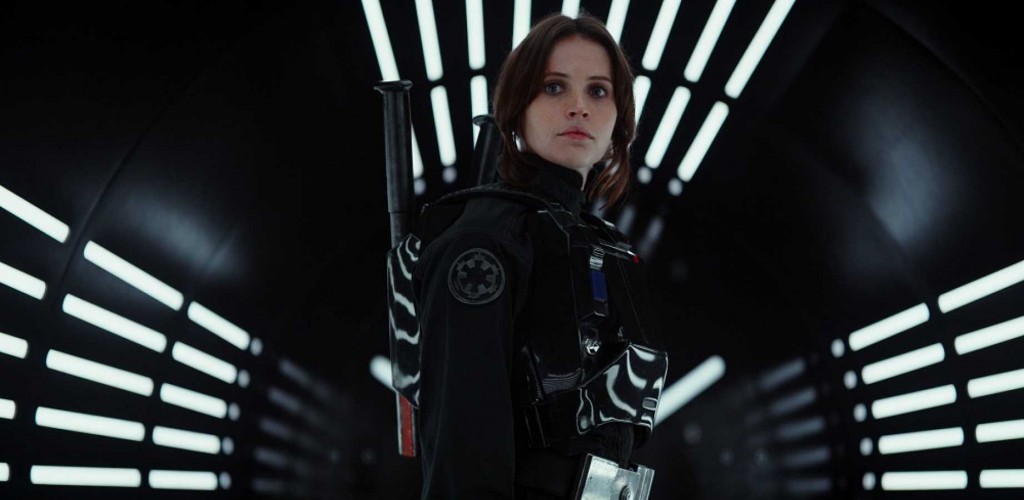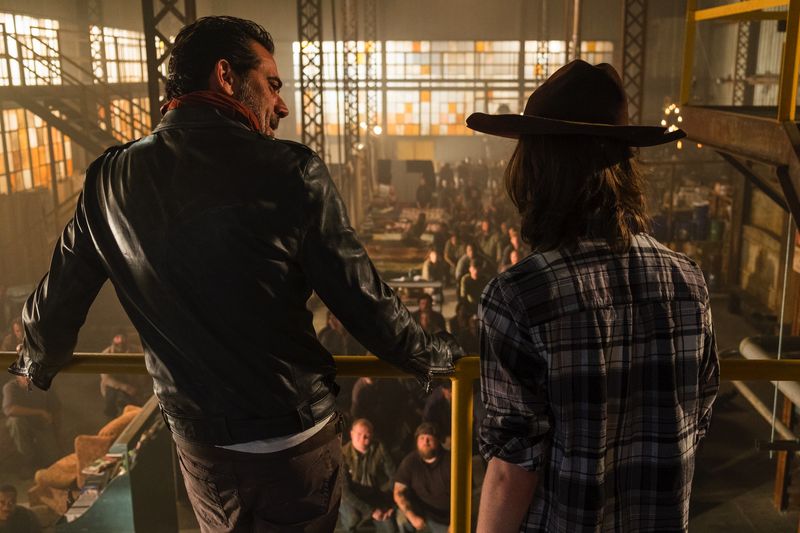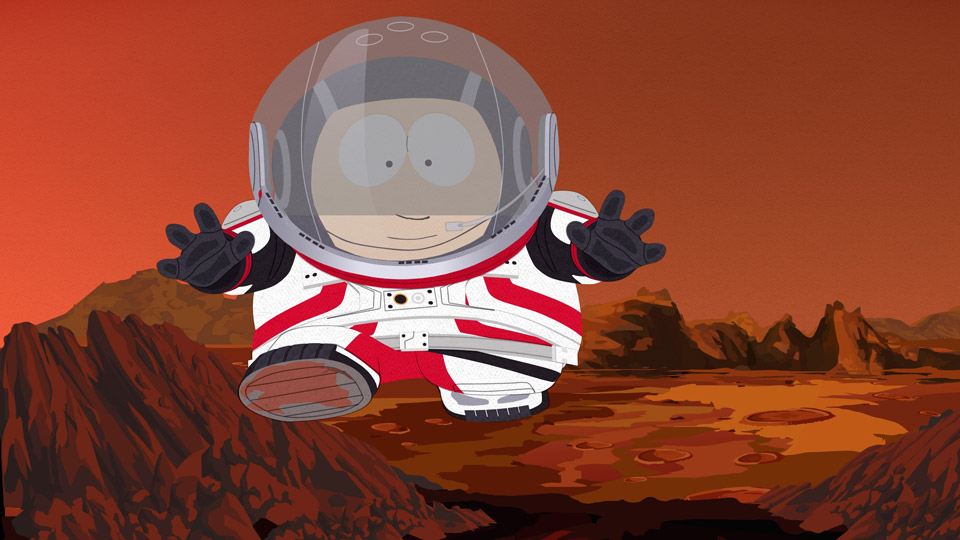A New Hope, The Empire Strikes Back, and Return of the Jedi are the sacred texts of the Star Wars universe. Every bit of Star Wars that has emerged in the wake of those first three films – sequels, prequels, midquels, comics, T.V. shows, holiday specials, video games, trading cards, action figures, and commemorative plates – is indebted to the franchise’s holy trinity. And each of them no matter what their claim to originality or expansion, echoes, references, and yes, even rhymes with those instigating incidents. For as wide and wooly as the famed galaxy far far away has become over the years, the creators and collaborators who work in Star Wars are forever filling in the gaps left by those all-important lodestones of the franchise.
Rogue One: A Star Wars Story is the peak of this gap-filling mentality brought to bear. The film is inextricably tied to Episode IV, taking great pains to connect the events depicted in this movie with those of its hallowed predecessor, even when it gets in the way of telling Rogue One’s own story. Because of that, Rogue One comes off more like pandering than as a novel extension of the Star Wars universe. It’s a film desperate to remind you of what comes next in the timeline, without regard for whether any of the harbingers it presents genuinely add anything to the story being told here and now or the story we already know.










